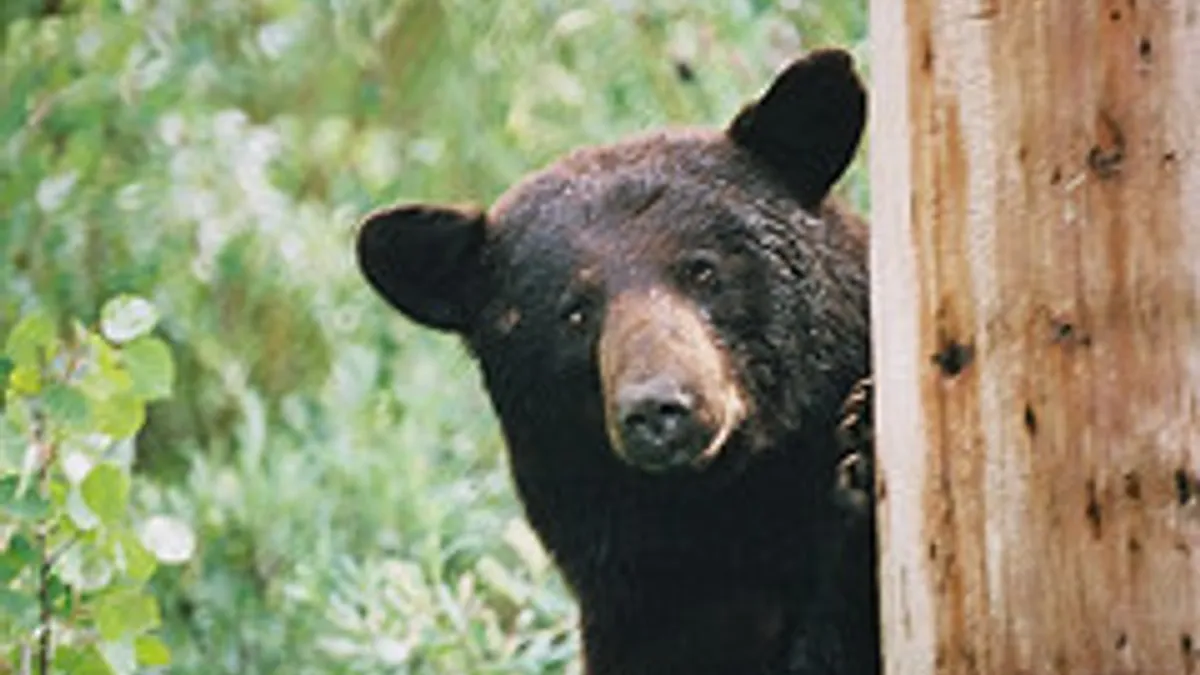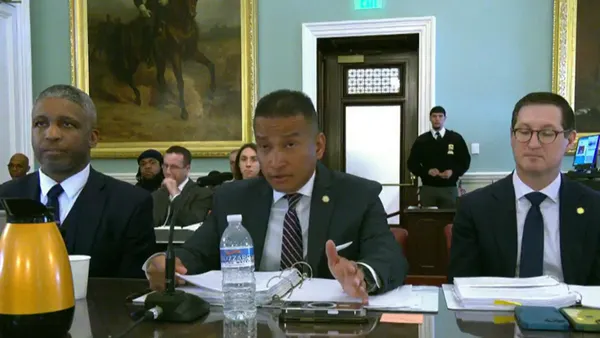Dive Brief:
- The Florida Fish and Wildlife Conservation Commission (FWC) has awarded a total of $825,000 to 12 counties across the state for bear-resistant trash bins.
- Some of the grant money will go toward providing both residents and public parks with new bear-resistant cans, while other amounts will be used to modify regular trash cans with equipment that can keep bears out. Money will also go toward reinforcing dumpster lids for some businesses.
- Lake, Santa Rosa, Seminole and Orange Counties will all receive $150,000 or more to put toward the improvements, while Collier, Franklin, Gulf, Leon, Marion, Putnam, Volusia and Wakulla Counties will receive amounts ranging from $3,400 to $80,000.
Dive Insight:
The issue of bears getting into trash cans is not new across the state of Florida, and FWC has been working diligently to mitigate the problem. Earlier this year, FWC and Waste Pro signed a memorandum of understanding to make trash containers more bear-resistant in the northwest region of the state, which aimed to encourage more funding for the requirements — and ultimately paid off.
Florida is not the only state in which bears have caused local governments and residents to look into new collection containers. In Boulder, CO, a 2014 ordinance required residents to purchase bear-resistant trash cans and, in June of this year, the city began a zero tolerance policy for residents that did not comply with the ordinance. While the original intent of the ordinance was to keep the community safe from bears approaching residential homes and relying on waste as a food source, getting such communities to comply with regulations has been a common struggle.
Bears are just one of many animals — including rats and squirrels — that plague the waste industry. Chicago recently announced plans to spend $1 million on waste carts in 2017, partially because squirrels have been eating through the current curbside carts. While residential carts are relatively inexpensive equipment to replace or modify, the industry must focus on finding a more cost-effective way to keep animals out of waste in order to avoid facing this issue year after year.















